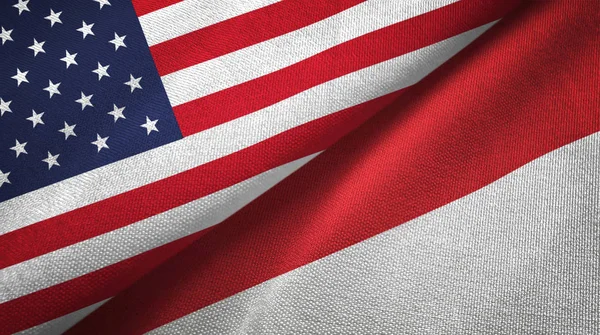Indonesia has announced a significant diplomatic and economic breakthrough following a high-stakes trade negotiation with the United States, describing the outcome as the beginning of a “new era” in bilateral relations. The agreement, which was finalised after direct talks between Indonesian President Prabowo Subianto and U.S. President Donald Trump, marks a major shift in the trade dynamics between the two nations.
President Prabowo, who assumed office earlier this year, engaged in what officials called “intense and extraordinary” negotiations with Washington. The crux of the agreement involved the United States agreeing to lower proposed tariffs on Indonesian exports from 32 percent to 19 percent. This reduction, though still significant, is seen by Jakarta as a win, considering the original figure would have posed serious risks to sectors like textiles, electronics, and footwear, which contribute substantially to Indonesia’s non-oil revenue.
As part of the deal, Indonesia has committed to a major procurement plan that includes the purchase of 50 Boeing jets, a multi-billion-dollar investment in U.S. liquefied natural gas, and a sizable import of American agricultural produce. The commitments are expected to exceed $20 billion in total trade value. In return, the U.S. will reduce import restrictions on key Indonesian products, thereby opening fresh corridors for Southeast Asia’s largest economy.
Speaking to the press in Jakarta, Prabowo’s spokesperson, Hasan Nasbi, hailed the pact as “a powerful result of assertive but respectful diplomacy.” He added that the agreement is expected to ease trade tensions and inject confidence into Indonesia’s manufacturing and export sectors.
Economic indicators responded almost immediately. The Indonesian stock market recorded modest gains following the announcement, while Bank Indonesia moved quickly to cut interest rates by 25 basis points, citing improved investor sentiment and lower inflationary risks as key reasons behind the monetary easing. Analysts believe the rate adjustment will help stimulate lending and drive domestic production in anticipation of expanded access to U.S. markets.
Despite the positive reception, trade experts have warned that the 19 percent tariff still places some pressure on Indonesian exporters, particularly small and medium-scale businesses. Critics have also noted that the broader global economic climate, especially tensions between the U.S. and China, could still affect Indonesia’s trade flows, given that China remains its largest trading partner.
Last year alone, Indonesia posted a trade surplus of nearly $18 billion with the United States, one of the highest among Southeast Asian nations. The latest agreement is expected to not only protect that surplus but deepen strategic cooperation between both countries in areas such as energy, aviation, and food security.
As the world watches the evolving economic policies under President Trump’s second term, Indonesia has now positioned itself as one of Washington’s key allies in the Indo-Pacific region. According to insiders, further economic engagements, including discussions on technology transfer and joint industrial investment, are already underway.
For Nigeria and other emerging markets, this development offers useful insight into how assertive diplomacy and economic realignment can yield mutually beneficial results, even under complex global trade pressures. President Prabowo is expected to deliver a nationwide address later this week to elaborate on the long-term economic implications of the new deal.
